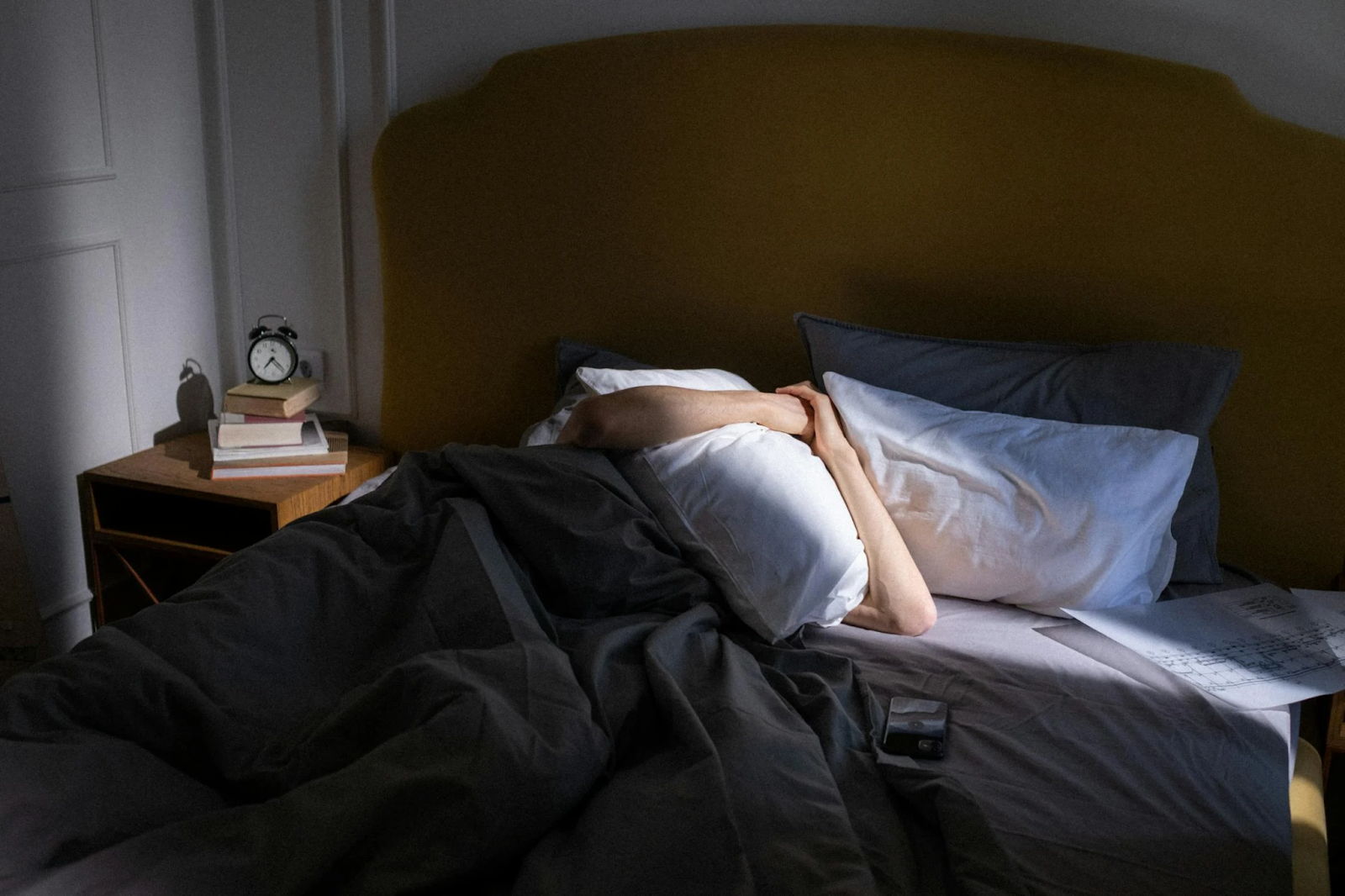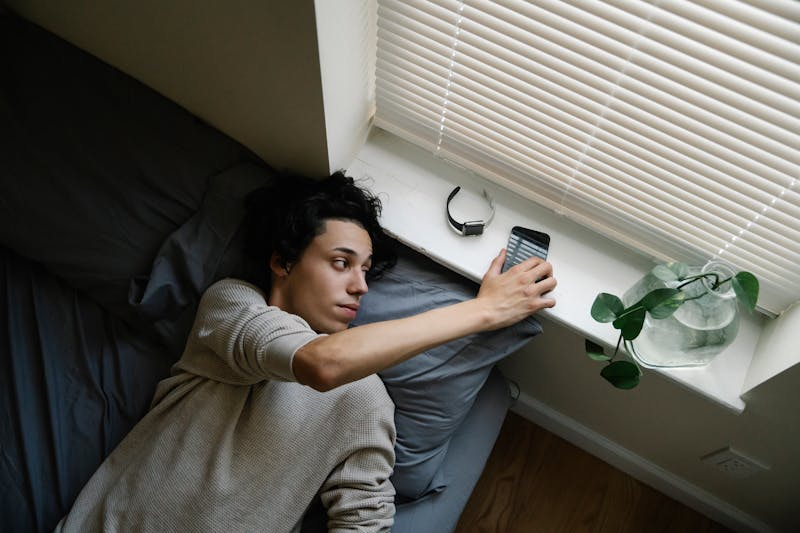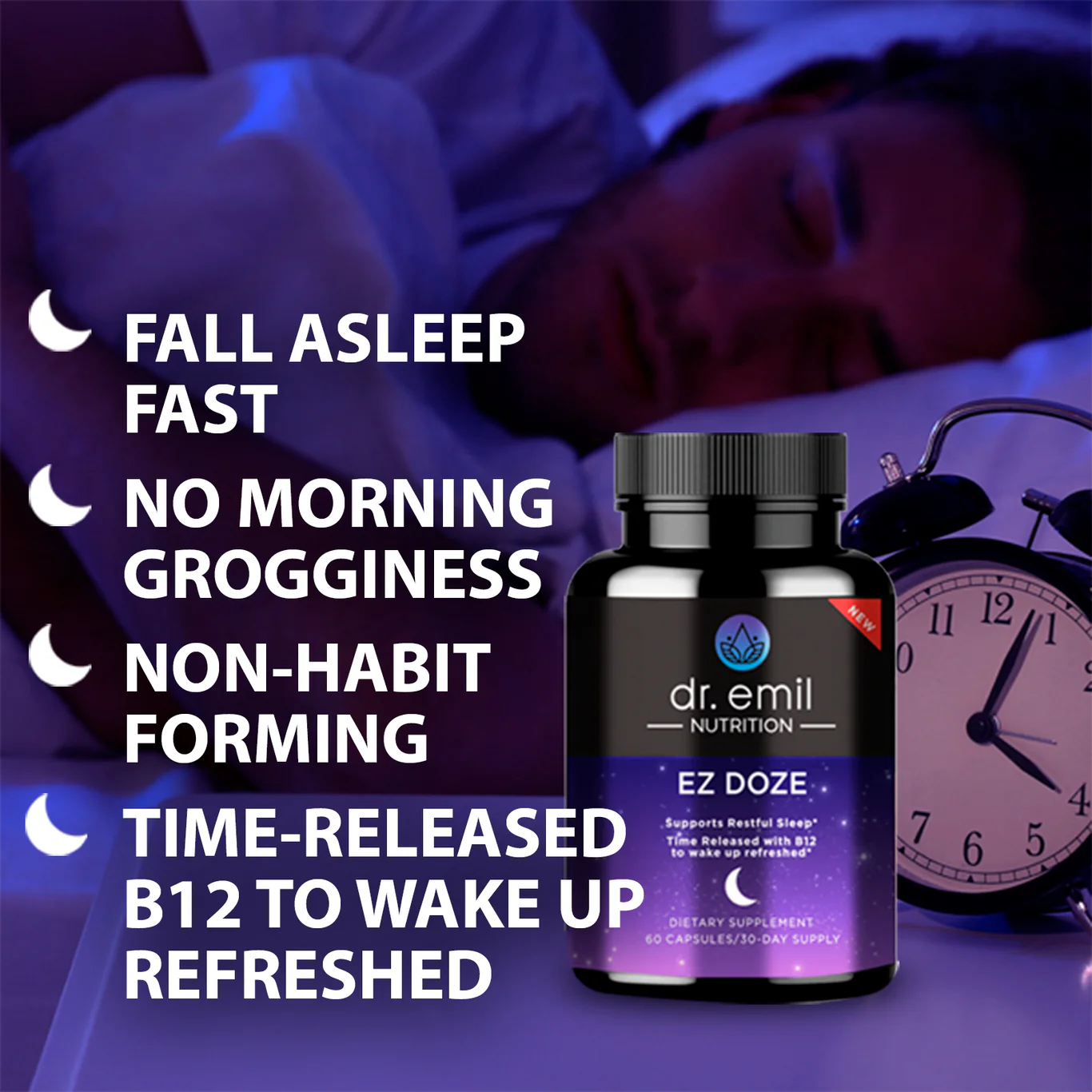In our increasingly connected and demanding world, millions of people find themselves caught in a peculiar nightly struggle; despite feeling tired and knowing they need sleep, they consistently delay going to bed. This phenomenon, known as bedtime procrastination or sleep procrastination, affects individuals across all demographics and professions, creating a cycle of sleep deprivation that impacts physical health, mental well-being, and daily performance. Understanding the complex psychological, behavioral, and environmental factors that contribute to bedtime procrastination provides crucial insights for developing effective strategies to overcome this pervasive issue.
What is Bedtime Procrastination?
Bedtime procrastination represents a specific form of procrastination where individuals delay going to sleep without having external factors that prevent them from doing so. Unlike insomnia, which involves difficulty falling asleep despite attempting to do so, bedtime procrastination involves a conscious choice to engage in other activities instead of preparing for sleep. This behavior typically occurs when people have control over their bedtime but choose to postpone sleep initiation despite acknowledging their tiredness and the negative consequences of sleep deprivation.
The concept gained scientific recognition relatively recently, with researchers formally defining it as "failing to go to bed at the intended time, while no external circumstances prevent a person from doing so." This definition highlights the voluntary nature of the behavior and distinguishes it from other sleep-related issues that may involve involuntary factors or medical conditions.
Common Forms of Bedtime Procrastination
Bedtime procrastination manifests in various forms, from scrolling through social media for hours to engaging in extensive nighttime routines, watching television, playing video games, or pursuing hobbies late into the night. The common thread among these behaviors is the conscious choice to delay sleep despite recognizing the importance of adequate rest.

Some people experience "revenge bedtime procrastination," a specific subset where individuals deliberately stay awake to reclaim personal time and autonomy after days filled with obligations and external demands. This concept describes the behavior of those who sacrifice sleep to engage in personally meaningful activities as psychological compensation for lack of control during daytime hours.
Signs You're Procrastinating Bedtime
Key indicators of bedtime procrastination include consistently going to bed later than intended, feeling tired but continuing stimulating activities, frequently checking devices "one more time," engaging in time-consuming activities close to bedtime, and feeling like you need to "earn" your sleep through productivity or entertainment. Recognition of these patterns represents the first step toward addressing the behavior.
The Psychology Behind Bedtime Procrastination
Understanding bedtime procrastination requires examining the complex psychological factors that influence our relationship with sleep and time management. Several psychological mechanisms contribute to this behavior, often working in combination to create persistent patterns of sleep delay.
Self-Control and Decision Fatigue
One of the primary psychological factors involves the depletion of self-control resources throughout the day. Research demonstrates that self-control operates as a limited resource that becomes depleted through use, similar to muscle fatigue after physical exertion. By evening, after making countless decisions and exerting self-control throughout the day, individuals may find their ability to make optimal choices significantly diminished.
This decision fatigue particularly affects bedtime decisions because going to sleep requires ending enjoyable activities and transitioning to inactivity. When self-control resources are depleted, the immediate gratification of continuing entertaining activities becomes more appealing than the delayed benefits of adequate sleep.

Present Bias and Temporal Discounting
Bedtime procrastination is fundamentally influenced by present bias, a cognitive tendency to overvalue immediate rewards while undervaluing future benefits. The entertainment, relaxation, or personal fulfillment available in the present moment feels more compelling than the abstract benefits of sleep that will be experienced hours later.
This temporal discounting makes it psychologically difficult to accurately weigh the costs and benefits of staying awake versus going to sleep. The immediate pleasure of continuing enjoyable activities outweighs the delayed consequences of sleep deprivation, even when individuals intellectually understand the importance of adequate rest.
Neurobiological Factors in Sleep Delay
The tendency to procrastinate bedtime is influenced by various neurobiological factors that affect our circadian rhythms, arousal levels, and decision-making processes.
Circadian Rhythm Variations
Individual differences in circadian rhythms, often referred to as chronotypes, significantly influence natural sleep-wake preferences and susceptibility to bedtime procrastination. People with later chronotypes, commonly called "night owls," naturally feel more alert and energetic during evening hours, making them more prone to engaging in stimulating activities when they should be preparing for sleep.
Modern lifestyle factors, including artificial lighting and electronic device usage, can further shift circadian rhythms toward later timing, exacerbating natural tendencies toward bedtime procrastination. The blue light emitted by screens suppresses melatonin production and maintains alertness, making it physiologically more difficult to feel sleepy at appropriate times.
Dopamine and Reward Systems
The brain's reward system, primarily mediated by dopamine pathways, plays a crucial role in bedtime procrastination by making engaging activities more appealing than sleep preparation. Many activities that people engage in during bedtime procrastination, such as social media scrolling, gaming, or watching entertaining content, activate reward pathways and provide intermittent reinforcement that maintains engagement.
These dopamine-driven activities can create a state of hyperstimulation that makes the prospect of sleep seem boring or unrewarding in comparison. The immediate gratification provided by entertaining activities contrasts sharply with the delayed benefits of sleep, making it psychologically difficult to choose sleep over continued stimulation.
Environmental and Social Influences
Bedtime procrastination occurs within specific environmental and social contexts that can either promote or discourage healthy sleep behaviors.
Technology and Digital Environments
The drastic increase of digital devices and always-available entertainment represents one of the most significant environmental contributors to bedtime procrastination. Smartphones, tablets, computers, and streaming services provide endless sources of stimulation that can easily extend into nighttime hours without natural stopping points.

Social media platforms, in particular, are designed to maximize user engagement through features like infinite scrolling, intermittent reinforcement, and fear of missing out (FOMO). These design elements exploit psychological vulnerabilities and make it difficult to disengage from devices when bedtime approaches.
Cultural and Social Pressures
Cultural attitudes toward sleep and productivity significantly influence bedtime procrastination behaviors. In cultures that emphasize productivity, achievement, and constant availability, sleep may be viewed as less important than other activities, contributing to its deprioritization in daily schedules.
Social media and cultural messaging often glorify "hustle culture" and sleep deprivation, presenting lack of sleep as a badge of honor or sign of dedication. These social pressures can make individuals feel guilty about prioritizing sleep over other activities.
How Can You Create a Healthy Sleep Routine?
Creating a healthy sleep routine involves establishing consistent behaviors and environmental conditions that support natural sleep transitions and circadian rhythm regulation. An effective sleep routine addresses both the physical and psychological aspects of sleep preparation.
Essential Components of a Sleep Routine
A comprehensive sleep routine should begin 30-60 minutes before intended bedtime and include several key components. The routine should be consistent in timing and sequence, creating predictable cues that signal to the body and mind that sleep is approaching.
- Physical Preparation: This includes dimming lights throughout the home, setting a comfortable bedroom temperature (typically 65-68°F), and engaging in calming hygiene activities like brushing teeth, washing face, or taking a warm bath. These activities should be completed in the same order each night to create automatic associations with sleep preparation.
- Mental Wind-Down: Incorporate relaxing activities that help transition from daytime alertness to nighttime calm. This might include reading fiction, gentle stretching, meditation, journaling, or listening to calming music. Avoid stimulating content, work-related activities, or emotionally charged conversations during this period.
- Technology Boundaries: Establish clear rules about device usage during the bedtime routine. This typically involves stopping screen use 30-60 minutes before bed, keeping devices out of the bedroom, and using blue light filters if screen use is absolutely necessary.

Creating Environmental Sleep Cues
The bedroom environment plays a crucial role in supporting healthy sleep routines. Optimize the sleep environment by keeping the bedroom cool, dark, and quiet. Use blackout curtains or eye masks to eliminate light, consider white noise machines or earplugs to minimize sound disturbances, and ensure the mattress and pillows are comfortable and supportive.
Remove or minimize sleep-disrupting elements from the bedroom, including televisions, computers, work materials, and bright lights. The bedroom should be associated primarily with sleep and relaxation rather than stimulating activities.
Timing and Consistency
Consistency in sleep and wake times helps regulate circadian rhythms and makes it easier to feel naturally tired at bedtime. Try to go to bed and wake up at the same times every day, including weekends, allowing for only small variations (30-60 minutes) to maintain circadian stability.
Start the bedtime routine at the same time each night, regardless of how tired you feel. This consistency helps train the body to recognize sleep cues and begin the natural process of sleep preparation.
Strategies to Follow During the Day for Better Bedtime Adherence
Successfully sticking to a bedtime schedule requires daytime strategies that support evening sleep readiness and reduce the psychological factors that contribute to bedtime procrastination.
Morning and Afternoon Habits
- Light Exposure: Get bright light exposure, preferably natural sunlight, within the first hour of waking. This helps regulate circadian rhythms and promotes natural tiredness at bedtime. Spend time outdoors during daylight hours when possible, and consider a light therapy device during darker months.
- Physical Activity: Engage in regular physical activity, but complete vigorous exercise at least 3-4 hours before bedtime. Morning or afternoon exercise can improve sleep quality and help regulate energy levels throughout the day.
- Caffeine Management: Limit caffeine intake, particularly after 2 PM, as caffeine can interfere with sleep for 6-8 hours after consumption. Be aware of hidden caffeine sources in chocolate, some medications, and certain teas.
Time Management and Personal Fulfillment
- Schedule Personal Time: Address revenge bedtime procrastination by deliberately scheduling personal time, hobbies, and relaxation during daytime hours. This reduces the psychological need to "steal" time from sleep for personal fulfillment.
- Prioritize Important Activities: Complete priority tasks and personally meaningful activities earlier in the day when energy and self-control are higher. This reduces the temptation to engage in these activities during evening hours.
- Set Boundaries: Establish clear boundaries around work hours and availability to prevent work-related stress and activities from extending into evening hours.

Stress Management Throughout the Day
- Regular Breaks: Take short breaks throughout the day to prevent the accumulation of stress and decision fatigue that can contribute to poor evening choices.
- Mindfulness Practices: Incorporate brief mindfulness or relaxation practices during the day to improve stress management and emotional regulation skills that support better evening decisions.
- Social Connection: Maintain social connections and support systems during regular waking hours to reduce isolation and the tendency to seek social stimulation through late-night digital activities.
Evening Transition Strategies
- Create Transition Rituals: Develop specific rituals that signal the end of the workday and transition to evening relaxation. This might include changing clothes, taking a short walk, or engaging in a brief mindfulness practice.
- Limit Stimulating Activities: Avoid starting engaging projects, intense conversations, or stimulating entertainment close to bedtime. Create a "stimulation cutoff" time that allows for mental wind-down before sleep preparation begins.
- Prepare for Tomorrow: Complete brief preparations for the following day (laying out clothes, preparing lunch, reviewing schedule) earlier in the evening to reduce bedtime anxiety about upcoming responsibilities.
Dr. Emil's Sleep Support
Understanding the complex psychological and physiological factors behind bedtime procrastination has led to innovative supplement formulations that address multiple aspects of sleep resistance and sleep quality. Dr. Emil, a medical doctor with extensive experience in both clinical practice and nutritional supplementation, has developed products specifically designed to combat the neurobiological and behavioral patterns that contribute to bedtime procrastination. His approach recognizes that effective sleep support must address not only the ability to fall asleep but also the underlying factors that make individuals resistant to initiating their bedtime routines.
Bedtime Burn Elite

For individuals struggling with bedtime procrastination, Bedtime Burn Elite offers a unique dual-purpose solution. This advanced formula combines natural sleep-promoting ingredients like valerian root, melatonin, and chamomile with metabolism-supporting compounds such as green tea extract and CLA oil powder. The product addresses the common concern among bedtime procrastinators that sleep time is "wasted" time by supporting fat-burning processes during rest. The inclusion of calming herbs like lemon balm specifically targets the overstimulation that keeps procrastinators engaged in activities well past their intended bedtime.
EZ Doze

EZ Doze directly addresses the neurochemical imbalances that contribute to bedtime procrastination and sleep resistance. This doctor-formulated blend includes GABA for immediate calming effects, L-theanine for anxiety reduction, and 5-HTP to support mood regulation. The time-released delivery system ensures sustained support throughout the night, while the B12 component helps prevent morning grogginess. For those caught in cycles of bedtime procrastination, this non-habit-forming formula provides the neurochemical support needed to naturally transition from evening alertness to sleep readiness.
Multi Collagen Plus Sleep Support

Multi Collagen Plus Sleep Support addresses bedtime procrastination through a comprehensive approach that combines beauty benefits with sleep promotion. This innovative formula features melatonin and chamomile flower to support natural sleep onset, while the multi-type collagen peptide blend and biotin work overnight to enhance skin elasticity, joint health, and overall beauty. The soothing chamomile lemon flavor creates a calming evening ritual that helps transition from daytime activities to sleep preparation. By providing tangible beauty and wellness benefits during sleep hours, this supplement helps reframe rest time as productive self-care, making it easier to prioritize bedtime over stimulating activities.






